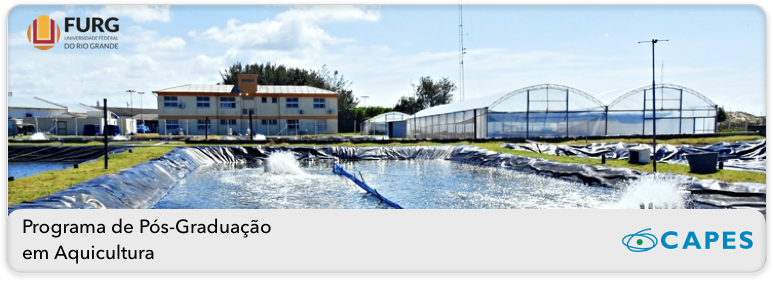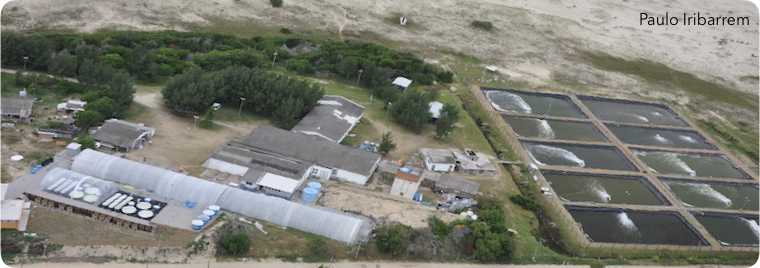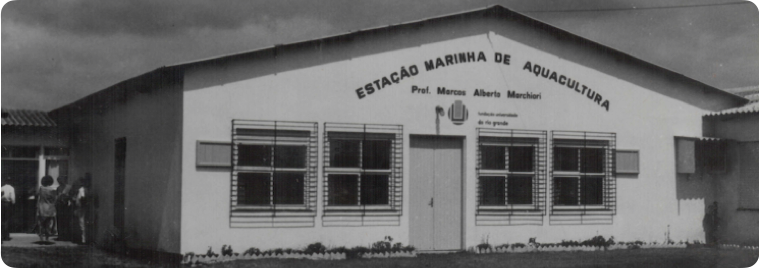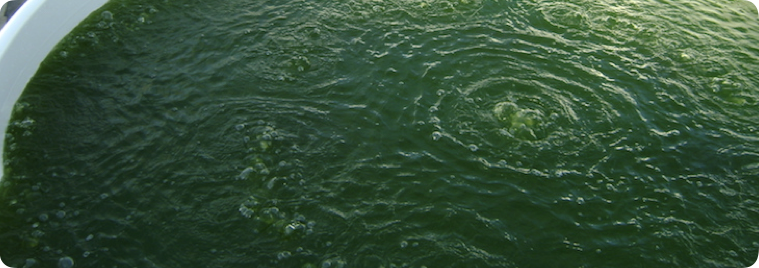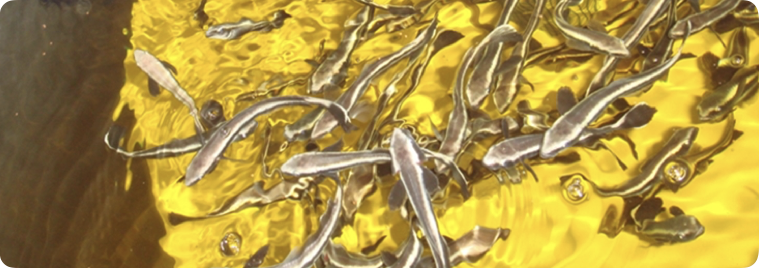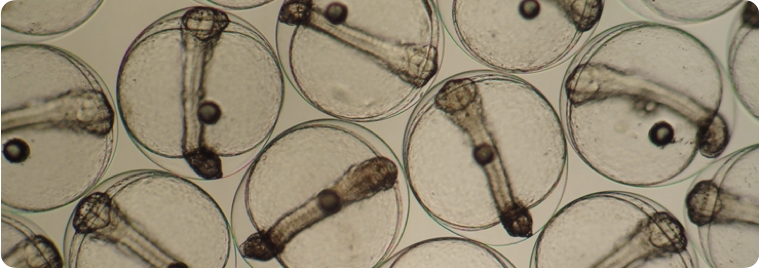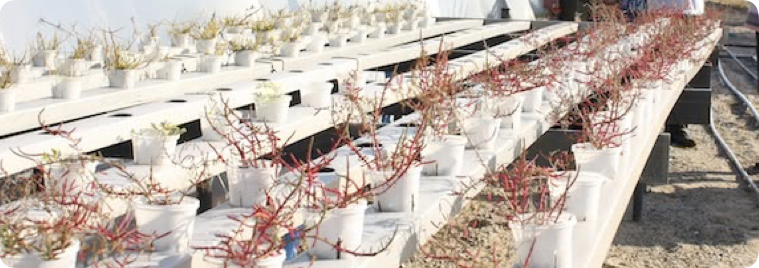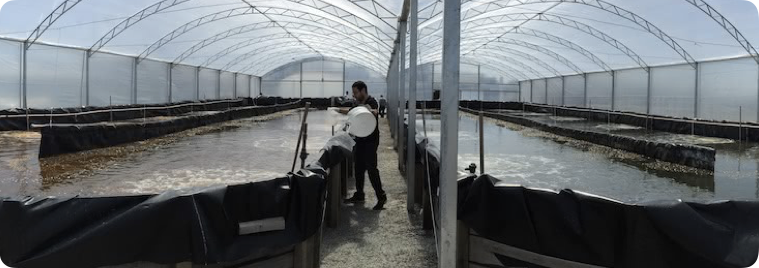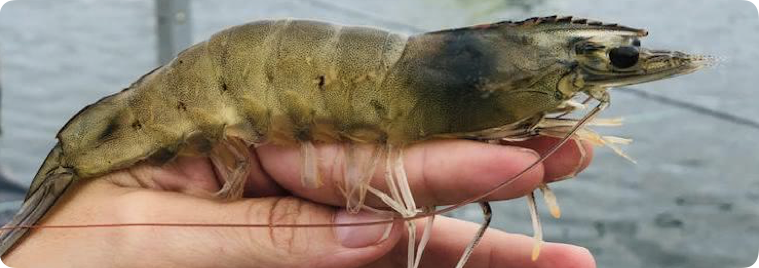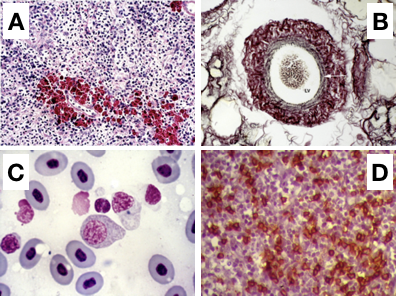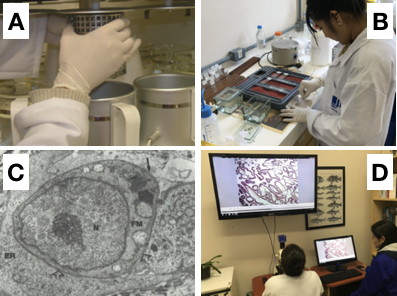Laboratory of Immunology and Pathology of Aquatic Organisms
Responsible: Dr Luis Alberto Romano
Post-doc: Drª Virgínia Pedrosa
Laboratory Objective
Diseases in aquatic organisms, caused by viruses, bacteria, protozoa and parasites, in addition to those caused by nutritional deficiencies or stress, are a constant problem in aquaculture. These cause economic losses, mainly in intensive farming systems, around the world. The Laboratory of Immunology and Pathology of Aquatic Organisms (LIPOA) is linked to the Institute of Oceanography of the Federal University of Rio Grande (FURG). LIPOA aims to promote and disseminate, in all aspects, the knowledge about diseases and the immune response of these animals to pathogens, directly or indirectly associated with aquatic organisms. Inserted in the context of FURG, an institution committed to the coastal ecosystem,LIPOA extends training and research in the field of pathology and immunology of aquatic organisms to undergraduate and graduate students, from this and other institutions, developing scientific and academic activities in collaboration with other sectors of FURG itself (Institute of Biological Sciences, Marine Aquaculture Station, PPG in Aquaculture, PPG in Biological Oceanography, among others) In addition to scientific production, the laboratory operates by advising and passing on information to other sectors of the community, whether academic or not. LIPOA is part of and operates at the Center for Biotechnology and Diseases (CBD).PPG in Aquaculture, PPG in Biological Oceanography, among others) In addition to scientific production, the laboratory operates by advising and passing on information to other sectors of the community, whether academic or not. LIPOA is part of and operates at the Center for Biotechnology and Diseases (CBD).PPG in Aquaculture, PPG in Biological Oceanography, among others) In addition to scientific production, the laboratory operates by advising and passing on information to other sectors of the community, whether academic or not. LIPOA is part of and operates at the Center for Biotechnology and Diseases (CBD).

